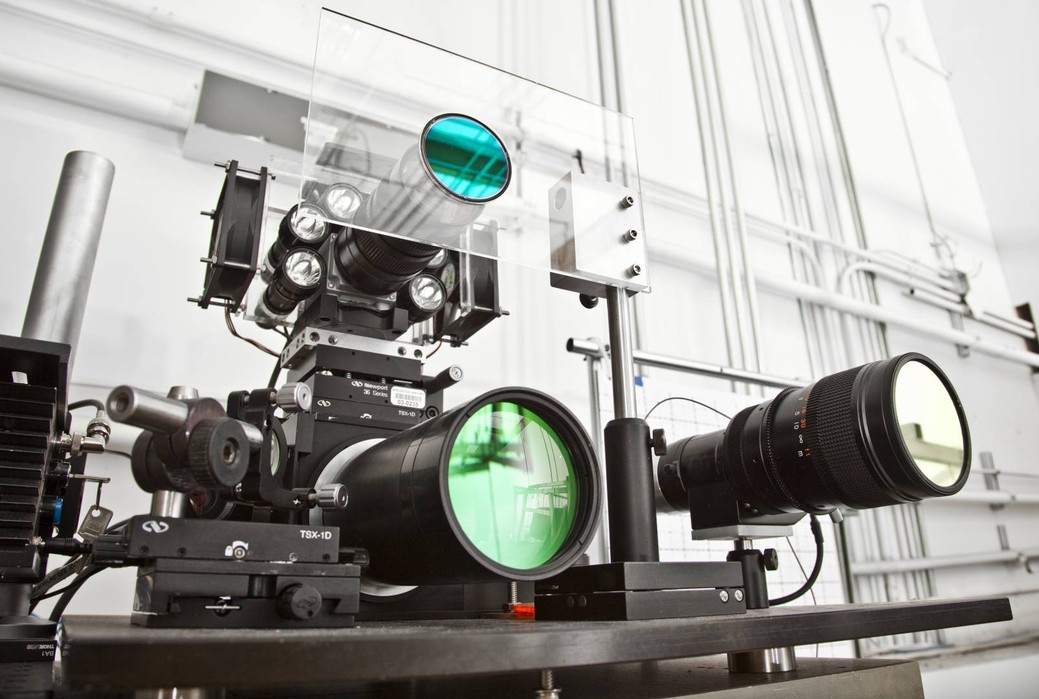
Putting the “Science” in “Science Fiction” — Bug Zappers
Whether it is the Tyranids of Warhammer 40,000 or the Arachnids that menace humanity in Starship Troopers, a large number of science fiction series place humanity at odds with an insectoid menace eager to feed on innocent humans. While space faring insect invaders are pure science fiction we do not need to look to the stars to see human lives being threatened by bugs. In fact, the humble mosquito is estimated to be the deadliest animal on Earth through sheer number of deaths caused. The World Health Organization states that mosquitoes, and the diseases and parasites they carry, are the direct cause of over one million human deaths a year!
With a death toll this high it is easy to see why researchers are hard at work to find a way to prevent mosquitoes from harming people. Unfortunately, most methods of containing mosquito populations, like draining standing water and spraying insecticides, can cause a great deal of harm to the environment while others, like bed netting, only protect people to a limited degree.
In order to provide effective and safe protection to people in areas where mosquito related deaths are common, scientists are beginning to examine more high-tech options. Possibly the most promising, and certainly most science fiction sounding, is known as the photonic fence by Intellectual Venture. This advanced technology combines a set of cameras and advanced computer algorithms wi th a small ultraviolet laser to defend an area from mosquitoes. When set up, the photonic fence is set to scan a certain area, creating a virtual fence. It then scans for insect movement using the attached camera. When an insect is detected the computer identifies it with enough accuracy to determine if the insect is a mosquito, and even if it is a male or female. Since female mosquitoes are the only ones to bite humans these are the only ones the system targets. When a target is identified the photonic fence fires an ultraviolet laser at it with just enough power and duration to kill the mosquito, like a mosquito specific sentry gun. In this way the photonic fence protects the area without killing harmless or beneficial insects, and poses no threat to humans or other animals.
th a small ultraviolet laser to defend an area from mosquitoes. When set up, the photonic fence is set to scan a certain area, creating a virtual fence. It then scans for insect movement using the attached camera. When an insect is detected the computer identifies it with enough accuracy to determine if the insect is a mosquito, and even if it is a male or female. Since female mosquitoes are the only ones to bite humans these are the only ones the system targets. When a target is identified the photonic fence fires an ultraviolet laser at it with just enough power and duration to kill the mosquito, like a mosquito specific sentry gun. In this way the photonic fence protects the area without killing harmless or beneficial insects, and poses no threat to humans or other animals.
When compared to conventional pesticides the improvements are obvious, and researchers believe the system will also be useful for protecting crops from damaging pests, and in other capacities. Improvements to the system are ongoing, but once it is completed Intellectual Venture believes that it will be able to be built with off the shelf components for around $50, and will power itself with solar power cells. Once this system is perfected it is likely to see rapid deployment, and the death toll caused by mosquitoes worldwide will drop as well. It would also certainly be handy to have one around the yard to keep out the pesky bugs.






